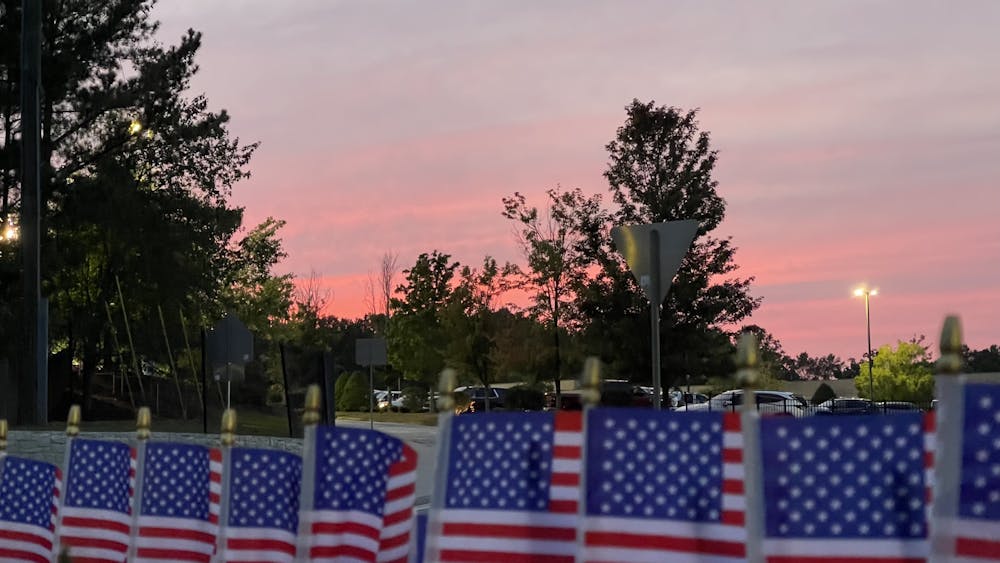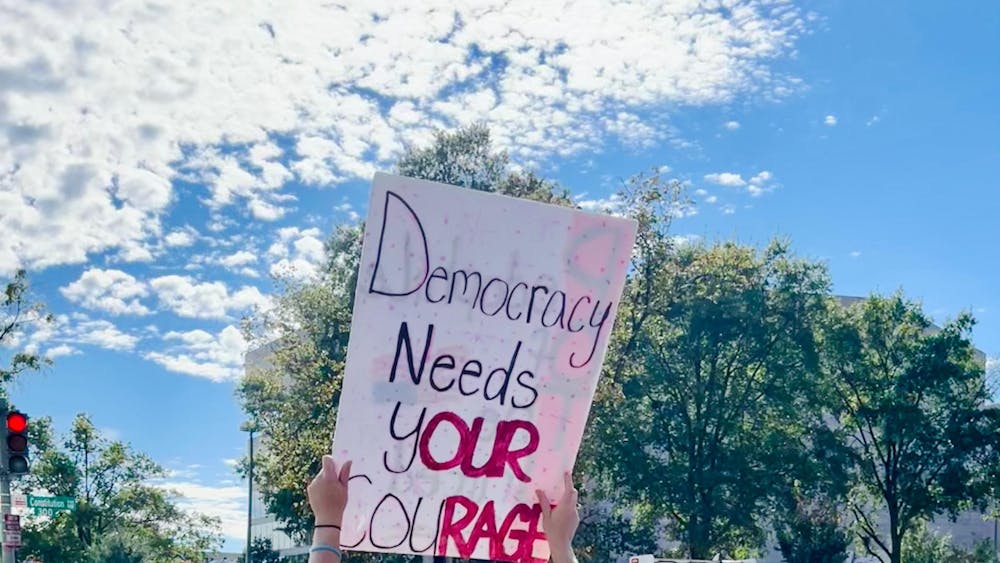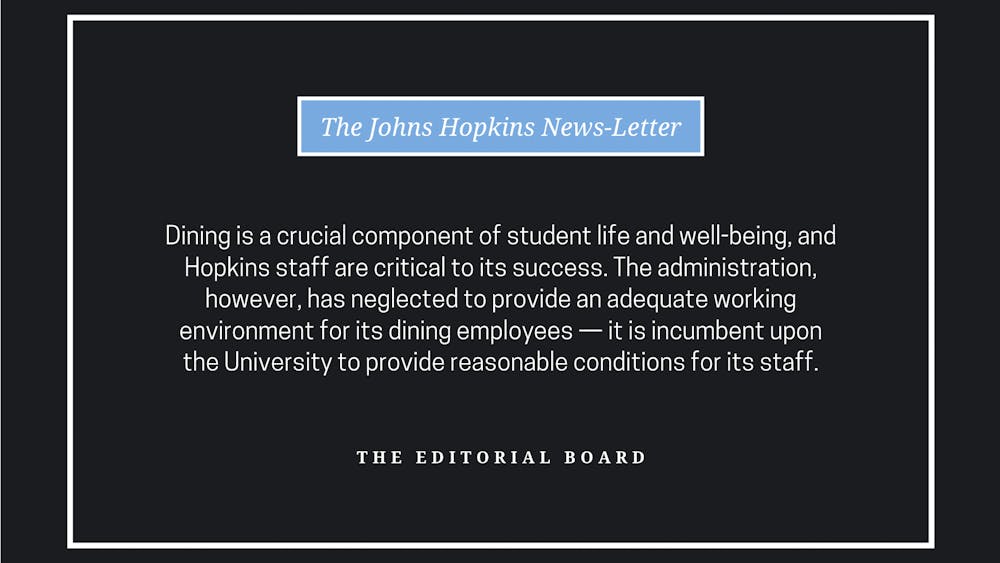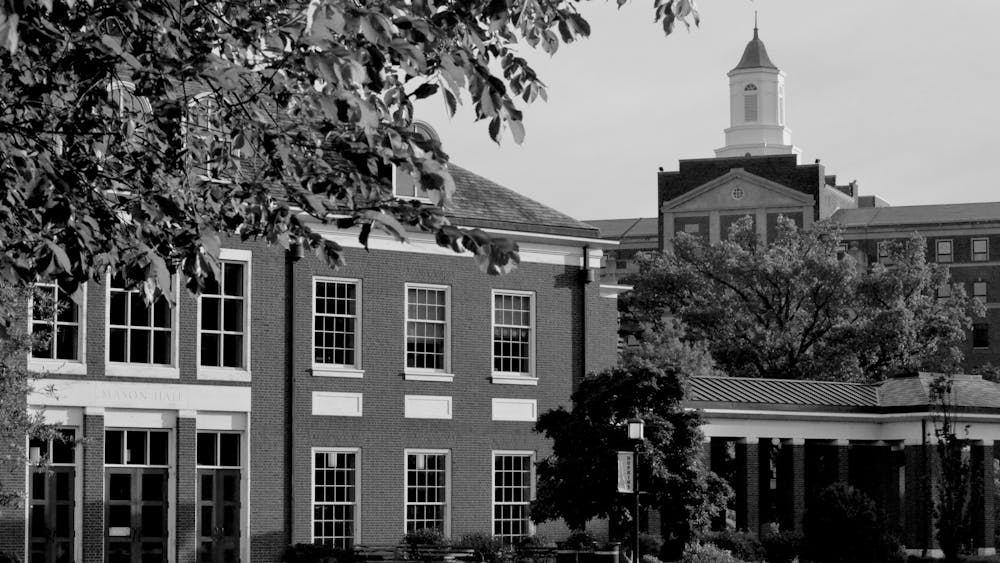Why is everyone obsessed with the office siren aesthetic?
By KAYLEE NGUYEN | December 30, 2025In today’s culture, there is a certain pressure to find one’s “aesthetic niche.” Social media has made self-presentation a kind of performance, where one’s outfit, lighting and even coffee order has become an indication of identity. Fast forward to 2025, and we’ve traded flowy skirts and notebooks for pencil skirts and lip gloss — the office siren has arrived.





















